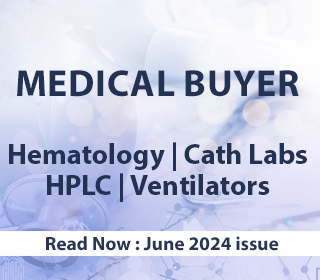International Circuit
National University Health System, Singapore develops own healthcare GPT
Leveraging its latest supercomputing facility, the National University Health System in Singapore has recently developed its own large language model to enhance clinicians’ productivity.
The model dubbed NUHS RUSSELL-GPT can summarise patient case notes and write referral letters for doctors in a “matter of seconds,” according to a media release. It also allows NUHS staff to ask questions related to medical conditions and clinical practice guidelines.
It is also used in NUHS’s Patient Trajectory Prediction AI model, which predicts individual patient healthcare journeys through the analysis of historical data.
NUHS is now working to roll out its healthcare LLM across its cluster progressively. Moreover, it plans to use the model to predict the severity and trajectory of common conditions, such as urinary tract infections.
The larger context
The development of RUSSELL-GPT is part of a NUHS AI programme that leverages the Prescience supercomputing infrastructure. Co-developed with the National Supercomputing Centre Singapore, the petabyte-scale supercomputing facility at the National University Hospital became fully operational by the end of July.
Having multiple NVIDIA DGX A100 compute nodes, Prescience accommodates the large sizes of LLMs, which was not possible previously with single GPUs, NUHS noted.
“The launch of the NUHS supercomputer is timely because of the all-time interest in [g]enerative AI, and especially with the worldwide demand crunch for the computing resources needed to drive such AI-driven technologies,” Bernard Tan, director of Strategy, Planning and Engagement at NSCC, commented.
Another AI project built using Prescience is the SMILE AI (Smart Monitoring and Intelligent Learning for Enhancing oral health). It is a 3D teeth charting model that generates digital representations of the condition of teeth and their positions in the mouth.
In other related news, Synapxe, then-Integrated Health Information Systems, recently announced a joint project with Microsoft to also develop a healthcare GPT. Called Secure GPT for Healthcare Professionals, the technology will be built using the Azure OpenAI Service. It will have the ability to generate condensed patient information from doctors’ clinical notes and laboratory reports in the EMR system and track medication changes and usage.
On the record
“From synthesising precise local medical knowledge to reducing the administrative work of our doctors and nurses, this LLM will bring benefits to both healthcare workers and patients,” NUHS associate professor and group CTO Ngiam Kee Yuan said about the RUSSELL-GPT. Healthcare IT News












